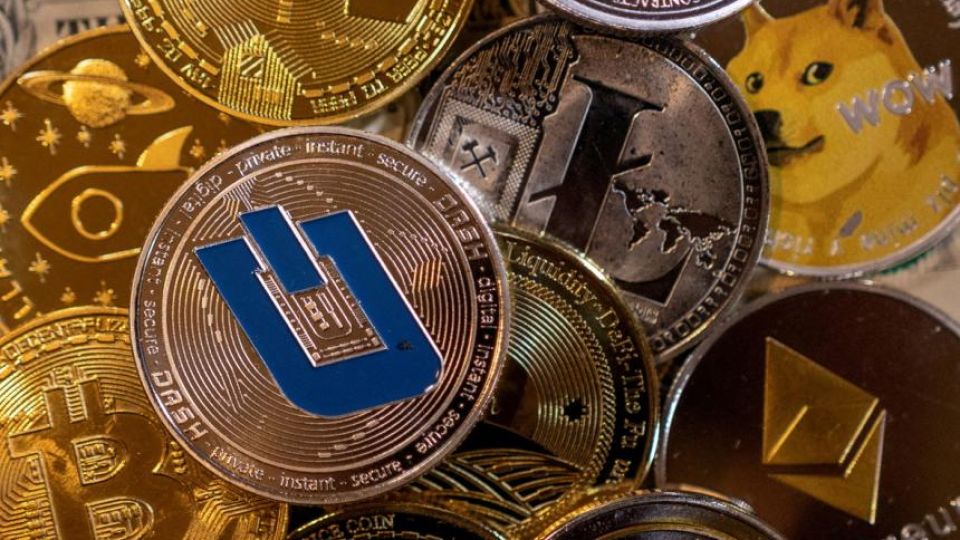April 13, 2022
BANGKOK – It is undeniable that cryptocurrencies have a unique place despite the controversy surrounding them.
Thailand is a world leader in the proportion of internet users who own cryptocurrencies, an average of more than 2 in 10 according to the Digital 2022 Global Overview Report. Thai regulators have recognised such a trend and have been trying to restrict the adoption of cryptocurrencies in Thailand.
The event that triggered a regulatory mindset in Thailand came from the fundraising of J-fin coin in 2018, which was sold out within a few days.
In response to that, a royal emergency decree was issued governing digital assets, which became effective from May 14, 2018. The decree was mainly divided into regulating the offering of digital tokens, and digital asset operators including exchanges.
Since then, Thai regulators have been following up with the development of the industry and have gradually issued more regulations in response to the actions of players in the digital asset network.
Take the recent amendment to the regulation issued in 2021 as an example. The Securities and Exchange Commission (SEC) prohibits certain tokens from being listed on licensed exchanges. They are: meme tokens; fan tokens; NFTs, and tokens issued by an exchange cannot be listed on the same exchange.
This caused a stir within the industry as this prohibition may raise a lot of uncertainties and limit the growth of digital asset operators.
For example, it is unclear what is considered a “meme token” since some may simply be in the stage of development and they are not meaningless, or tokens issued by exchanges have already been done and it creates an uneven field for newcomers.
Not to mention, the rationale for not allowing NFTs to be listed is still puzzling for those involved.
These prohibitions, as a result, may lead Thai exchanges to be less competitive than foreign exchanges in terms of product offerings.
To top it off, late last year, the Revenue Department reminded relevant persons to report and pay any taxable income derived from cryptocurrencies based on the 2018 decree.
The Revenue Department is well aware that more clarifications are needed, such as how to calculate capital gains from trading or the timing to be considered as having gains from farming or mining of cryptocurrencies.
After receiving feedback from the industry, a manual clarifying these issues was issued in January 2022. Also, recently a regulation was issued to allow losses from trading on the approved exchanges to be deducted for individuals, and there will be a follow-up on related laws for further clarity, for instance VAT may be exempt for trading on approved exchanges.
Further, in response to increasing cooperation among commercial industries and digital asset operators to use cryptocurrencies as a means of payments, the authorities have a major concern about financial stability as there may be other units of accounts prevailing over the baht.
Consequently, the authorities plan to issue a regulation, effective from April 1, to prohibit digital asset operators from not supporting the use of any digital assets as a means of payment, which include the restrictions on not providing any systems supporting such activities.
Regulations on cryptocurrencies are still in the process of development and constantly adapt to changes in the digital assets industry.
To support the growth of Thai digital assets operators and enable them to be competitive in the worldwide market, regulators may consider incentives and fewer restrictions to make Thailand a hub of the business, given that we have demand from investors and readiness of players in our country.
It is always important to note the balance between business opportunities from the emerging industry of digital assets, and concerns about government control or investment risks in which authorities, digital assets operators and investors will help shape the tone and its movement.


